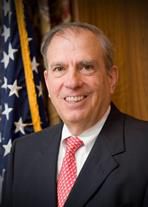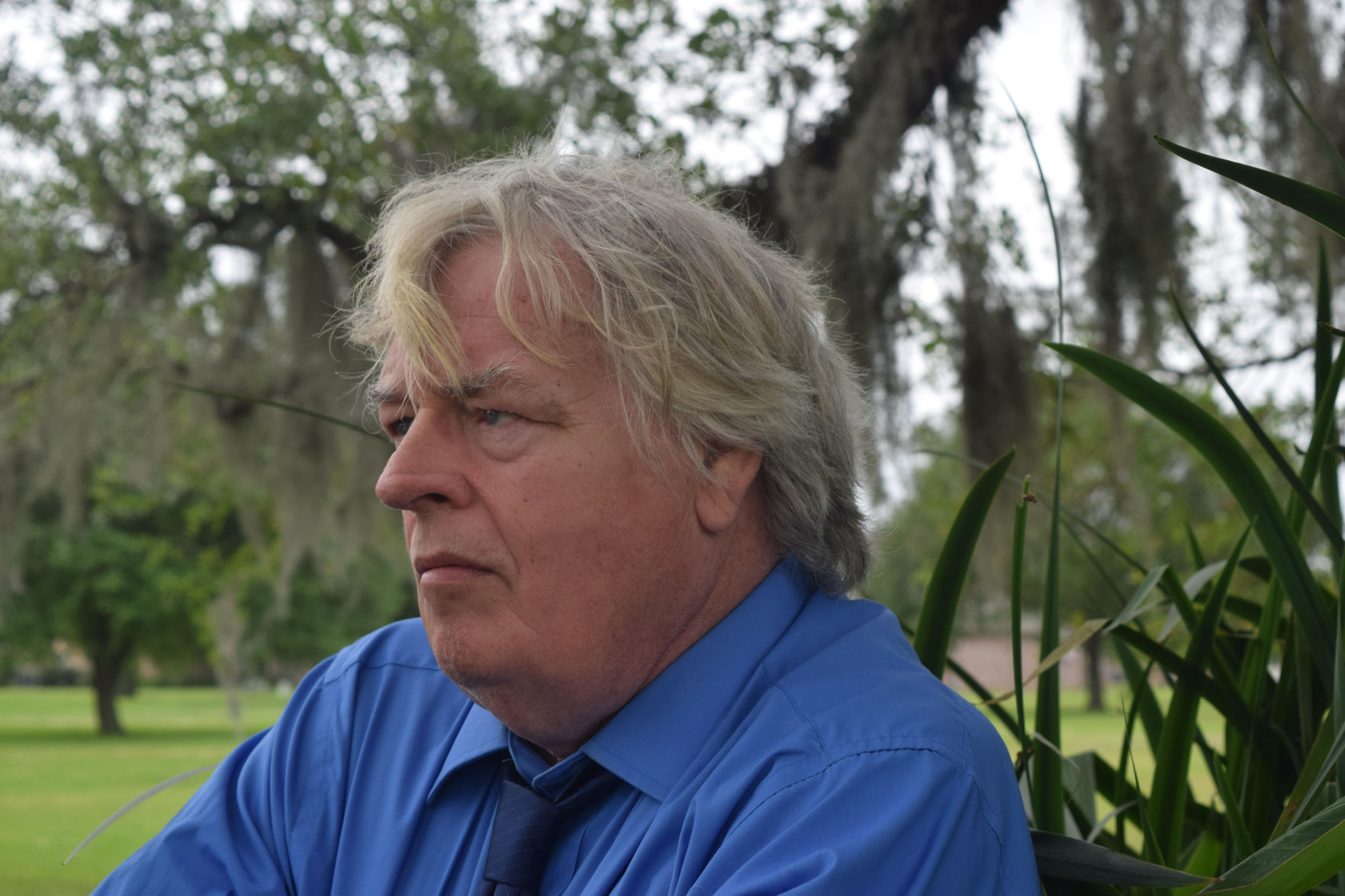
Judge hearing local NAACP case has died
December 10, 2017
A judge’s legacy
December 13, 2017One of the sadder aspects of Hurricane Sandy in 2012 was the impact on communities that rarely if ever deal with hurricanes. The New Jersey coast and Long Island beaches have certainly seen hurricanes before, but such an appearance is rare. Our northern countrymen got a hands-on lesson in how difficult recovery from such an event can be.
We didn’t gloat then and we are not gloating now, but it was interesting to see how members of Congress who had tried to stunt disaster programs and payouts suddenly found themselves on the other side of the weather coin, and became rapidly enlightened as to the need for post-hurricane help when it was their own communities in need.
Friday’s inclement weather was no superstorm. We had cold and some snow, and there is no reason why the combination should have created more gridlock and inconvenience than a hurricane evacuation.
The snow that fell and the ice that accumulated was minimal compared to what communities north of us deal with consistently in the winter months. The closure of nearly every crossing over the Gulf Intracoastal Waterway crippled transportation. Terrebonne Emergency Operations Director Earl Eues wisely worked out with DOTD officials a protocol on the fly that resulted in the Houma tunnel and the Dularge bridge remaining open.
Late Friday Sheriff Jerry Larpenter directed efforts to sand the crossings that were closed, allowing traffic to move unimpeded. The roadways froze up again overnight and so Saturday morning travel was a challenge. But the effort was appreciated by many.
Essentially, the issue here becomes a tug-of-war over dirt and who pays for it.
The sand that we distribute freely for people to use when flooding looms, to be used in a snow emergency, requires a bit more effort to be properly employed. Trucks and men and women must be used, and that can result in a lot of cost. Larpenter used deputies and inmates.
But those resources should not be required on state roadways. Public works employees are tasked with keeping roads open, not law enforcement officers.
Larpenter notes — correctly — that state officials had days to formulate a plan. This is true. And the same can be said for parish officials as well.
What becomes clear is that there was no plan, which is why Larpenter’s emergency measures were required.
While we are grateful that the sheriff took action, we must also note that a plan should have been developed by parish government, either with or without the assistance of the state.
Now that the crisis has passed, there is time for preparation, whether the snow and ice event occurs in January or three years from now.
It is the very nature of a winter emergency for it to not be on the radar. But that is precisely why it should be.
Now is the time for state and parish officials to communicate and prepare for the next time. Terrebonne Parish may be considered rural by the state. It is anything but.
A comprehensive plan to keep roadways open needs to be made, as soon as possible, to prevent future problems.
DOTD spokeswoman Bambi Hall told us that money is not the problem. So if that’s true, then the logistical issue must be solved.
State resources should be used to keep state highways clear. If that can’t happen then a mechanism should be in place for reimbursement when the parish is required to make that happen, in the absence of state road crews.
We urge local and state officials to immediately begin setting up a protocol so that the next time Jack Frost wants to mess with us, we are in a position to take action.
It is no secret that various factors in our environment are leading to severe changes in weather. That means the unexpected is the new normal. Plans should be made accordingly and those plans need to be made now, not years down the road.
Keeping highways open when and where possible when a winter storm strikes is not a luxury. It is a necessity upon which lives and livings depend.






